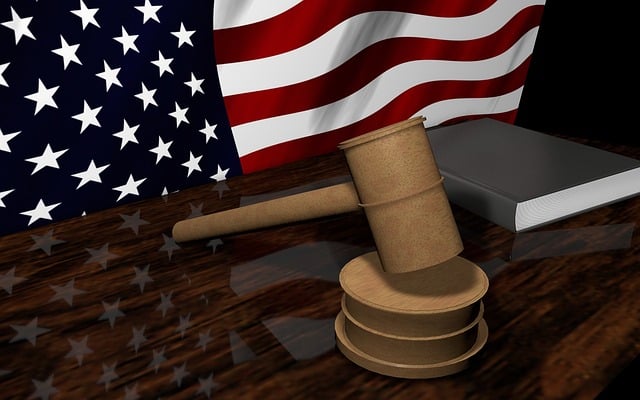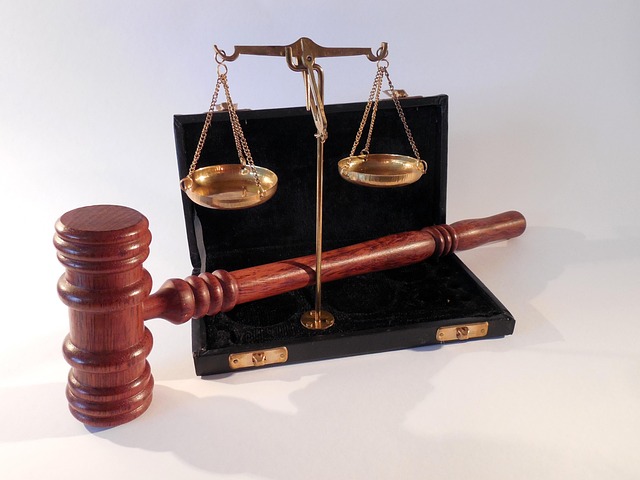Whistleblower Protection Laws empower individuals to expose illegal practices and seek justice, holding accountable those engaged in white-collar crimes. Navigating regulatory agency disputes requires specialized legal counsel who can challenge unfavorable decisions through strategic planning, meticulous research, and understanding of the legal framework. This process involves scrutinizing evidence for errors, new insights, and alternative interpretations to protect corporate and individual rights, aiming for retrial or reconsideration.
Whistleblower protection lawsuits play a crucial role in ensuring accountability and transparency within organizations. When employees dare to expose illegal or unethical practices, they often face significant challenges. This article guides you through the intricacies of whistleblower protection laws, offering insights into navigating regulatory agency disputes effectively. We explore strategies for challenging decision outcomes, empowering individuals to stand up against wrongdoings. Learn how to navigate these legal landscapes and make a real impact by understanding your rights and available resources, including key steps on How to Challenge Regulatory Agency Decisions.
- Understanding Whistleblower Protection Laws
- Navigating Regulatory Agency Disputes
- Strategies for Challenging Decision Outcomes
Understanding Whistleblower Protection Laws

Whistleblower Protection Laws are designed to safeguard individuals who expose illegal or unethical practices within their organizations. These laws provide a legal framework for employees to challenge regulatory agency decisions and seek justice without fear of retaliation. Understanding these protections is crucial when navigating career-risking disclosures, as they offer a safety net against potential workplace repercussions.
Knowing how to leverage whistleblower protection lawsuits can lead to achieving extraordinary results in cases involving white collar and economic crimes. By utilizing these laws, individuals can hold accountable those who engage in fraudulent or corrupt activities, fostering transparency and accountability. This process isn’t just about seeking compensation; it’s about ensuring justice and promoting integrity within various sectors of society, from corporate boards to government agencies.
Navigating Regulatory Agency Disputes

Navigating Regulatory Agency Disputes can be a complex and challenging task for any business, especially when facing accusations or investigations. The process involves understanding how to challenge decisions made by these agencies, which are often based on intricate legal interpretations. Many businesses turn to experienced general criminal defense attorneys who specialize in whistleblower protection lawsuits to guide them through this labyrinthine process.
Knowing how to effectively contest regulatory agency decisions is crucial for protecting a respective business’s interests and maintaining its unprecedented track record. This involves meticulous research, strategic planning, and a deep understanding of the legal framework surrounding the dispute. Through these means, businesses can ensure their rights are upheld, even in the face of intense scrutiny or false allegations.
Strategies for Challenging Decision Outcomes

When facing unfavorable outcomes in whistleblower protection lawsuits, understanding how to challenge regulatory agency decisions is crucial. One strategic approach involves examining the evidence presented during the initial case. If there are any procedural errors, new evidence that could change the outcome, or misinterpretations of facts, these can serve as solid grounds for appeal. A meticulous review of the record is essential, as it can reveal discrepancies and strengthen the argument for a retrial or reconsideration.
Additionally, engaging specialized legal counsel in white-collar defense and general criminal defense is vital. These attorneys possess expertise in navigating complex regulatory frameworks and can advise clients on the most effective ways to challenge decisions. They may advocate for alternative interpretations of laws and regulations, highlight procedural unfairness, or argue that the agency’s decision was arbitrary and capricious, thereby protecting the rights of both corporate and individual clients.
Whistleblower protection lawsuits play a vital role in ensuring accountability and fostering a culture of transparency. By understanding whistleblower protection laws, navigating regulatory agency disputes effectively, and employing strategies to challenge decision outcomes, individuals can strengthen their rights and contribute to a more accountable society. When faced with regulatory challenges, it’s crucial to seek legal guidance on How to Challenge Regulatory Agency Decisions, enabling you to navigate these complex processes successfully.






